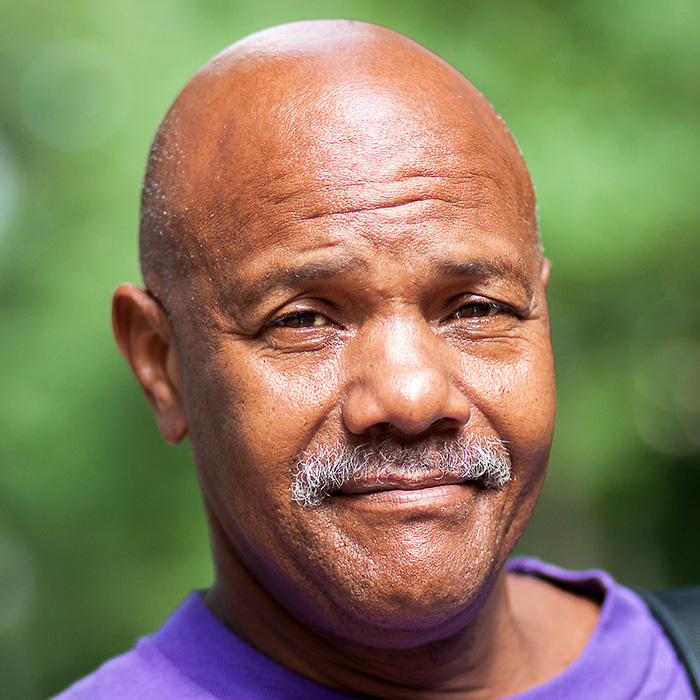MOST PEOPLE GRIND OR CLENCH their teeth briefly when annoyed or in a tense situation. That level of teeth-grinding isn’t really something to worry about. It’s when you do it far more frequently, often without even realizing it (you might even do it in your sleep!), that it can potentially become a serious problem. The medical term for this kind of teeth-grinding is bruxism.

Bruxism: What and Why
The main causes of bruxism is stress and an imperfect bite.
Symptoms of Bruxism:
- Frequent headaches from all the strain
- Enlargement in your jaw muscles (because you’re giving them quite the workout!)
- Shifting teeth
- Flattened chewing surfaces of teeth
- Exposed dentin and increased tooth sensitivity
- Chipped/cracked/split teeth
- Tooth loss
Your Next Steps
Depending on which type of bruxism you have, there are a variety of treatments or approaches to either reduce the grinding or the damage it causes.
Relaxation
Particularly for stress-related bruxism, relaxation techniques such as yoga, deep breathing exercises, massages, warm baths, calming music, and a full night’s sleep can help you de-stress and stop grinding.
Wearing A Mouth Guard
A mouthguard or splint serves as a pillow between your upper and lower teeth. It won’t stop the grinding, but it protects your teeth from damage.
Medication As Prescribed By Your Doctor
Muscle relaxant medication, as prescribed by your general practitioner, might help you unclench while you sleep. However, medicine is rarely used to treat bruxism, especially if other treatments are helping.
Check out this video for more information and a few other ideas on how to combat bruxism or minimize the damage:
We Can Help!
If you’re experiencing any of the above symptoms, it may be due to bruxism and you should schedule an appointment so we can make a plan for how to address it. You don’t want to leave it untreated until it gets to the point where it’s damaging your teeth. Call us today if you have any questions 610-489-6032
We love our patients!
